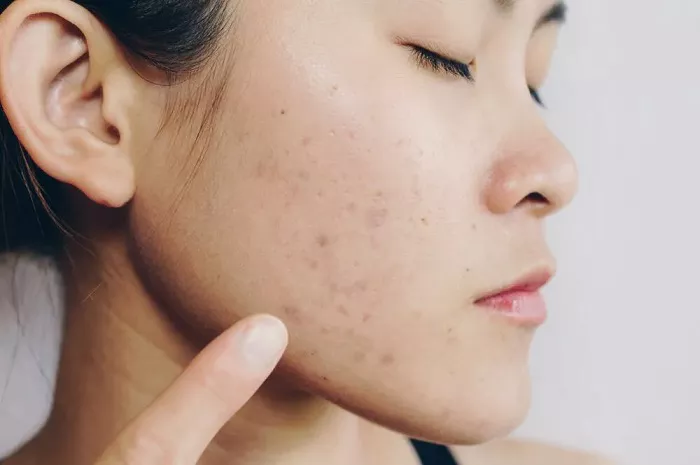Allergies are a common affliction that affects millions of people worldwide. They can cause a range of symptoms, from mild irritations like sneezing and runny nose, to severe reactions like anaphylaxis. While there is no cure for allergies, there are many strategies you can use to help alleviate your symptoms. In this article, we will explore some of the most effective ways to stop allergies immediately.
1. Identify Your Allergic Triggers
The first step in stopping allergies is identifying what causes them. This is crucial because it helps you avoid or minimize exposure to allergens. Common allergens include pollen, dust mites, pet dander, and certain foods. Once you know what triggers your allergies, you can take steps to reduce your exposure to them. For example, if you’re allergic to pollen, you can stay indoors when the pollen count is high, keep your windows closed, and use air conditioning instead.
2. Use Over-the-Counter Medications
Over-the-counter medications are a quick and easy way to relieve allergy symptoms. Antihistamines are the most common type of medication used for allergies. They work by blocking histamine, a chemical produced by the body in response to allergens. Antihistamines can relieve symptoms like sneezing, runny nose, and itchiness. Other over-the-counter medications that can help with allergies include decongestants, nasal sprays, and eye drops.
3. Try Natural Remedies
Natural remedies can also be helpful in stopping allergies. One of the most popular natural remedies is honey. Honey contains small amounts of pollen, which can help desensitize your body to allergens. You can take a spoonful of honey every day to help reduce allergy symptoms. Other natural remedies for allergies include using saline nasal spray, steam inhalation, and drinking plenty of water.
4. Practice Good Hygiene
Practicing good hygiene is another effective way to stop allergies. Regularly washing your hands and face can help remove allergens from your skin and prevent them from entering your body. It’s also important to wash your clothes, bedding, and other items regularly to remove any allergens that may be present. If you have pets, make sure to bathe them frequently to reduce the amount of pet dander in your home.
5. Consider Immunotherapy
If your allergies are severe or persistent, you may want to consider immunotherapy. Immunotherapy involves exposing your body to small amounts of allergens over time to help desensitize your immune system. This can be done through injections or sublingual tablets. Immunotherapy can take several months or even years to be effective, but it can provide long-term relief from allergies.
6. Avoid Triggers During Peak Season
During peak allergy season, it’s important to take extra precautions to avoid triggers. This means staying indoors as much as possible, wearing protective clothing like hats and masks, and using air filters in your home. You should also try to avoid outdoor activities like gardening and hiking during peak allergy season.
7. Consult with an Allergist
If your allergies are particularly severe or persistent, it may be helpful to consult with an allergist. An allergist can perform tests to determine what triggers your allergies and recommend treatment options. They can also provide advice on how to manage your allergies and prevent future flare-ups.
Conclusion
Aallergies can be a major inconvenience and can significantly impact your quality of life. However, there are many strategies you can use to stop allergies immediately. By identifying your allergic triggers, using over-the-counter medications, trying natural remedies, practicing good hygiene, considering immunotherapy, avoiding triggers during peak season, and consulting with an allergist, you can help manage your allergies and reduce your symptoms.
[inline_related_posts title=”You Might Be Interested In” title_align=”left” style=”list” number=”6″ align=”none” ids=”3023,3021,3015″ by=”categories” orderby=”rand” order=”DESC” hide_thumb=”no” thumb_right=”no” views=”no” date=”yes” grid_columns=”2″ post_type=”” tax=””]


































